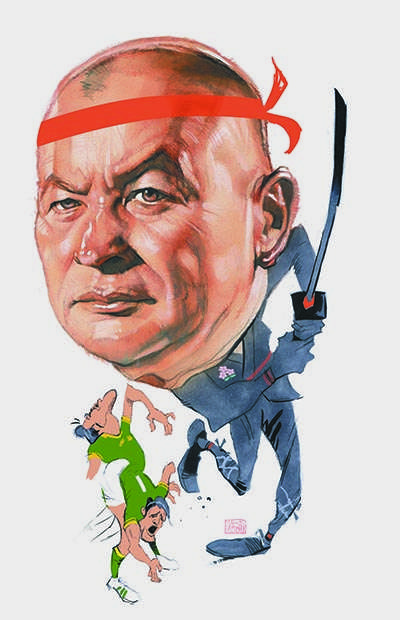
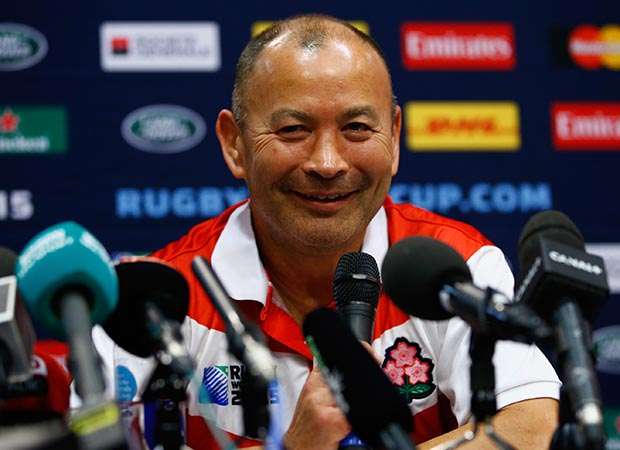 Welcome to Ninja rugby, the brainchild of Eddie Jones. The Japan coach borrowed from the methods of the covert mercenaries feared throughout Japan 400 years ago to unleash hell on the unsuspecting South Africans in their 2015 World Cup opener last weekend.
Welcome to Ninja rugby, the brainchild of Eddie Jones. The Japan coach borrowed from the methods of the covert mercenaries feared throughout Japan 400 years ago to unleash hell on the unsuspecting South Africans in their 2015 World Cup opener last weekend.
In the process of plotting one of the greatest upsets in international rugby history, Jones utilised stealth, infiltration, espionage and sabotage to bring the Springbok giant to its knees. However, there was nothing lucky about Japan’s 34-32 victory at the Brighton Community Stadium, because Jones – whose mother and wife are Japanese – had been planning his South African ambush for months.
Going into the Pacific Nations Championship, the former Australia coach, who has been in charge of the “Brave Blossoms” since 2012, had coached his side to 15 wins out of 16. However, during their Pacific Nations campaign the wily Aussie used Ninja stealth to take Japan under the radar.
By mixing and matching his team, but never once putting out the starting side that he fielded against the Springboks, Jones sacrificed short-term results in July for the bigger World Cup picture. Japan lost three of their four matches – against the USA, Tonga, and eventual winners Fiji – with their only win coming against Canada.
However, in the process he managed to deny his South African counterpart, Heyneke Meyer, any worthwhile footage of the Japan team he would face in the opening round of the tournament. At the time, Jones pointed out that there was method behind the measures he was taking.
He explained his strategy by referring to what had happened in this year’s Women’s Football World Cup final. He said that before the USA v Japan shoot-out the Americans knew that the Japanese had spent the week training to combat the aerial threat from the taller Americans. Jones emphasised that the Japanese were wrong-footed tactically because the USA then kept the ball on the ground and scored two early goals from the strategic shift before going on to win the final.
Having given the example, Jones warned: “We won’t be showing prospective opponents anything in our (World Cup) build-up. We will be keeping our powder dry.”
 He also banked on South African being unlikely to heed the warning, because Japan have habitually been World Cup whipping boys. In addition, he had first-hand experience of the South African rugby psyche, having been at the heart of their camp as a consultant to Jake White’s 2007 World Cup-winning squad.
He also banked on South African being unlikely to heed the warning, because Japan have habitually been World Cup whipping boys. In addition, he had first-hand experience of the South African rugby psyche, having been at the heart of their camp as a consultant to Jake White’s 2007 World Cup-winning squad.
In other words, Jones knew that the Springboks would revert to their beloved Plan A of battering the opposition into submission with their mighty pack, and then using their punishing runners to finish them off. He knew there was unlikely to be a Plan B, simply because when South Africa run into sterner than expected opposition they almost invariably revert to ramping up the Plan A power game, going harder and faster with their big men until the opposition defences are smashed to smithereens.
However, Jones had a counter-plan of his own. It was to kick deep to the Springboks using the rifling boots of full-back Ayumu Gorumaru and fly-half Kosei Ono, and chase and tackle strongly and accurately enough to keep their powerhouse opponents on or around half-way – and out of the Japanese 22 as much as possible. The aim then was to play what Jones calls ‘Ruck-and-Run Rugby’.
This is based on scrum-half Fumiaki Tanaka playing at tremendous tempo and Japan’s small runners looking for space rather than contact. It is also dependent on superb handling and optimum levels of fitness, and Jones had equipped his team with both.
Jones revealed after the victory over South Africa that Japan’s preparation included weekly half-hour training sessions where he expected the players to ramp up the speed to double the normal level. He said this acclimatised them to Test match conditions, and more, and explained how they dropped only three passes in 82 minutes against the Springboks including the blemish-free multi-phase move before Karne Hesketh’s extraordinary match-winner.
Jones admitted, however, that he would have happily taken the draw from the penalty on offer before Japan’s final tilt for glory: “Hand on heart, I would have kicked the penalty and taken the draw in Brighton but I couldn’t be more delighted that (captain) Michael Leitch went for broke.”
He revealed also that he did not know that, despite the meticulous preparation, Japan could stay the pace for more than an hour. That they did so, and then accelerated to victory over the two-time world champions, was, Jones said, a huge fillip for the game in Japan, who are hosts of the 2019 World Cup.
With over 120,000 registered players in Japan already, there is every chance that the result in Brighton could be the driving force that sees the birth of the international game’s first Asian power.
As Eddie ‘Ninja’ Jones put it, “Overnight that win has changed the status of rugby in Japan.”


Latest News
Super Rugby Americas: Round Ten Review

British and Irish Lions
British and Irish Lions: Biggest winners and losers from Andy Farrell’s selection



















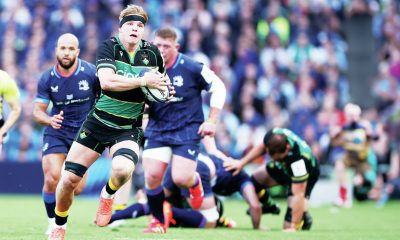

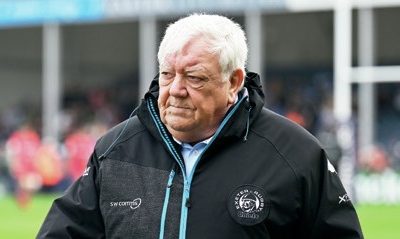

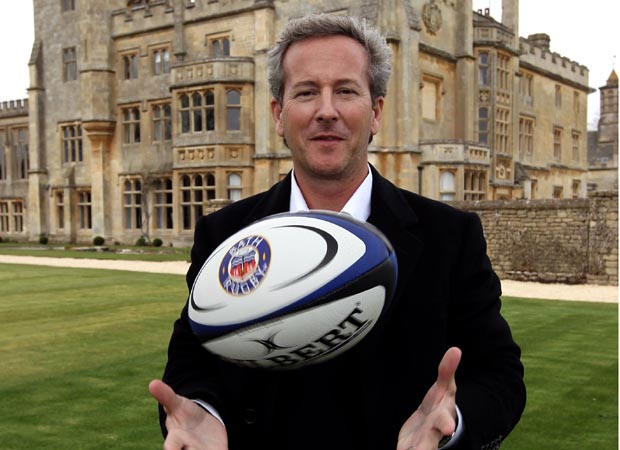
You must be logged in to post a comment Login